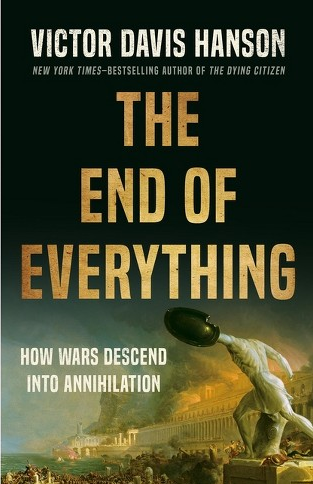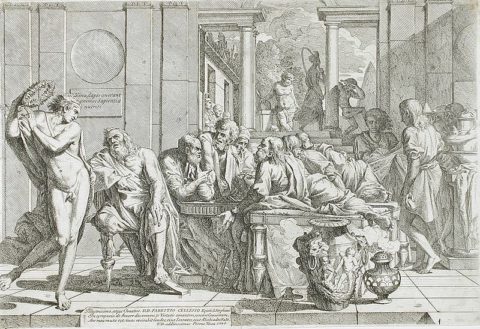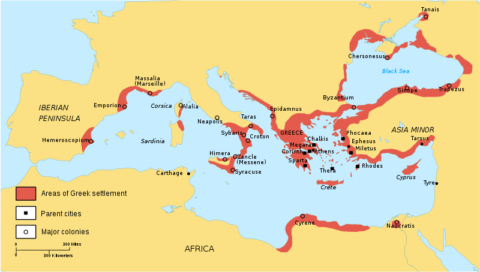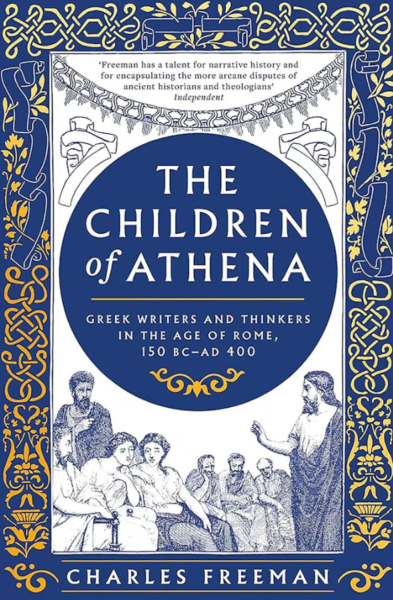The Theban general who finally broke the military power of Sparta:
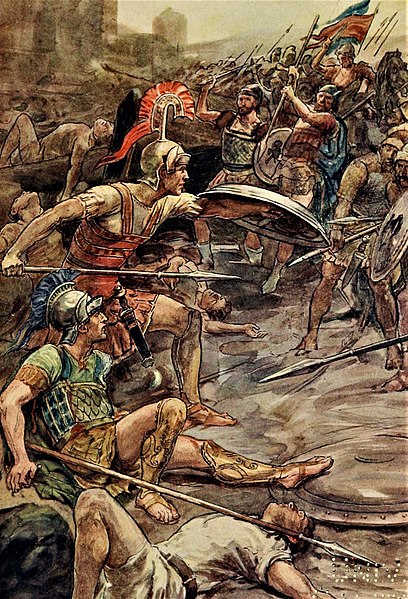
Epaminondas defending Pelopidas by William Rainey.
Illustration from Plutarch’s Lives for Boys and Girls: being selected lives freely retold (1900) via Wikimedia Commons.
The ancient Roman orator and statesman Cicero labeled him “the foremost man of Greece”. Cornelius Nepos, a biographer and contemporary of Cicero’s, regarded him as “incorruptible”. The 16th-century French Renaissance philosopher Michel de Montaigne judged him “one of the three worthiest and most excellent men” in all of history.
This man was a warrior-philosopher, a revolutionary, an ascetic, a statesman and diplomat, a liberator, and a military genius. Yet the deeds for which he is best remembered spanned less than two decades (379–362 BC), 2,400 years ago.
To whom am I referring?
His name was Epaminondas. If it doesn’t ring a bell, you’re not alone. Outside of Greece, few people anywhere today know of him. I never heard his name until this past April when an economist friend, Dr. Luke Jasinski of Maria Sklodowska University in Lublin, Poland, suggested I write about him. Luke says he:
…was a broad-minded man with a libertarian streak, a visionary who showed the Greek world a viable alternative to the endless wars of the time. For modern libertarians, his story is worth remembering. Impressed by it myself, I dedicated one of my economics books to him.
What we know about Epaminondas comes entirely from secondary sources. He left behind no writings that have survived, but from contemporaries and later historians, we do know at least this much about him:
- He was born in the Greek city-state of Thebes in the central Greek region of Boeotia, sometime between 419 and 411 BC, when Thebes was a tiny backwater. It would be largely due to Epaminondas and his loyal friend and fellow general Pelopidas that Thebes would become a powerhouse a few decades later.
- Sparta, the brutal city-state that governed the Greek region of the Peloponnesus, orchestrated a coup against the Theban government in 382 BC and installed an armed garrison there. Three years later, Epaminondas played a key role in a revolution that ended the Spartan dictatorship, restoring local, democratic government.
- In the wake of the Theban revolution, Sparta went to war with Thebes and its Boeotian allies for the next decade. When peace talks broke down in 371 BC, the stage was set for the climactic Battle of Leuctra. Through masterful and unprecedented tactics on the battlefield, Epaminondas led the outnumbered Theban armies to a decisive victory over the Spartans.
- To end the Spartan threat for good, Epaminondas invaded the Peloponnesus a year later. He liberated the region of Messenia that the Spartans had occupied and savaged two centuries earlier. Epaminondas did not subsume and subdue the Messenians; instead, he introduced democratic rule and then left. Grateful for their liberation, the Messenians became allies of Thebes and a buffer against the Spartans. Shortly thereafter, Epaminondas founded a new city in the northern Peloponnesus and named it Megalopolis. With Sparta shrunken and bottled up, its days as a menacing bully were numbered.

